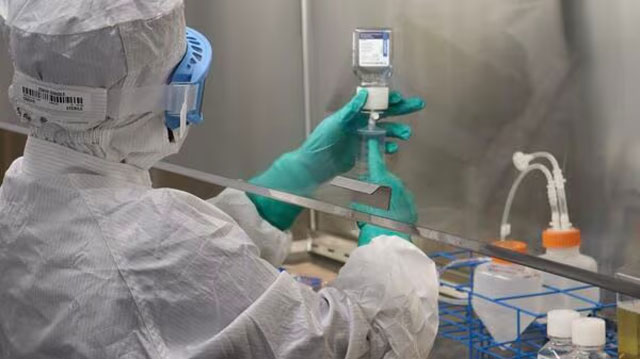Daijiworld Media Network – New York
New York, Nov 11: For decades, statins like Lipitor and Zocor have been the cornerstone of cholesterol management. But as experts note, they don’t work for everyone — and now, a new wave of advanced therapies is transforming the field of heart disease prevention.
At the American Heart Association’s annual meeting this weekend, researchers presented groundbreaking studies on novel cholesterol-lowering drugs, including RNA-based injections, PCSK9 inhibitors, and gene-editing therapies. These treatments promise to go beyond the limits of traditional statins in cutting harmful LDL, or “bad,” cholesterol.

Pharmaceutical giant Merck reported strong results for its experimental PCSK9 pill, which reduced LDL cholesterol by up to 60% in six months during late-stage trials involving high-risk patients. Merck plans to seek FDA approval early next year.
Meanwhile, Amgen’s PCSK9 drug Repatha demonstrated a 25% reduction in risk of heart disease, stroke, and cardiovascular events in patients already on statins. Novartis’ Leqvio, a twice-yearly RNA-based injection, has also gained popularity for its convenience and effectiveness.
Perhaps the most futuristic approach comes from CRISPR Therapeutics, whose early-stage gene-editing drug CTX310 reduced cholesterol levels by 49% and triglycerides by 55% in just two months. The therapy works by silencing a gene called ANGPTL3, which drives cholesterol and fat production.
“This is an amazing time for patients,” said Dr. Leslie Cho, cardiologist and director of the Cleveland Clinic Women’s Cardiovascular Center. She noted that while most patients still benefit from statins, “newer therapies could be life-changing for those who don’t respond well.”
However, experts cautioned that these cutting-edge treatments are expensive and still being tested for long-term safety. “Gene-editing therapies could become available by the 2030s, offering permanent, targeted treatment for select patients,” said Dr. Kiran Musunuru of Penn Medicine.
With more than a quarter of Americans still battling high LDL cholesterol, doctors say the expanding range of treatments — from daily pills to once-in-a-lifetime genetic fixes — marks a promising new chapter in cardiovascular care.